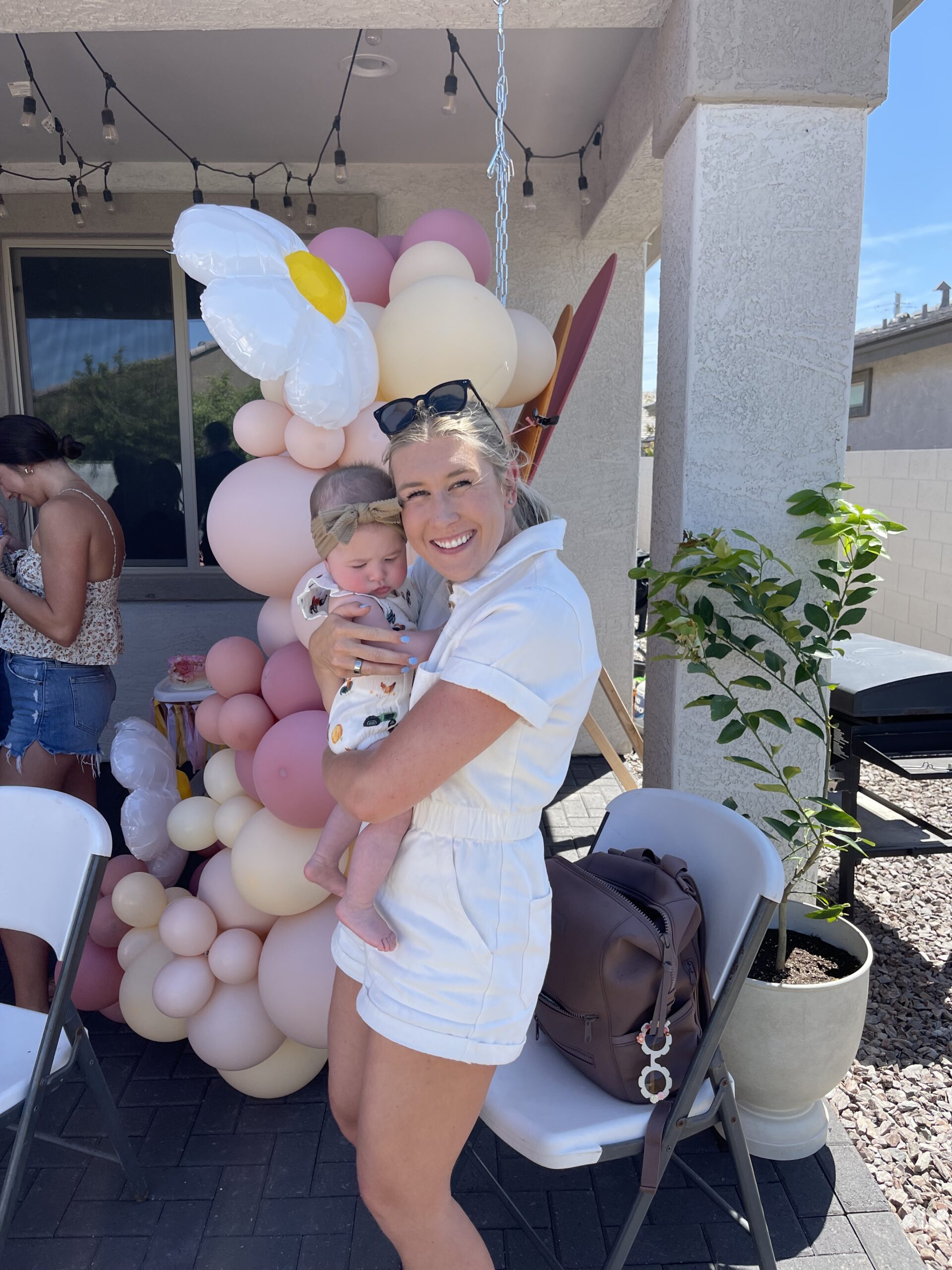Gaining Control Over Life’s Rollercoaster: The Art of Letting Go

Written By:
Category:
Ryann Nicole
In a world where control can feel like a distant dream, we’ve all been on that emotional rollercoaster. Life’s imperfections can throw us for a loop, leaving us scrambling to regain control. But guess what? It’s not about controlling life; it’s about mastering how you react to it.
In this journey to finding your inner calm, we’ll explore three powerful skills from Dialectical Behavioral Therapy, crafted by the remarkable Marsha Linehan. These skills will not only help you navigate any situation without making it worse but also liberate you from the shackles of unnecessary control. Remember, change is inevitable, and brighter days will come. But until then, here’s how to make peace with the present.
1. Turning the Mind: Choosing to Let Go
When life goes bonkers, stress and emotions run high. ‘Turning the mind’ is your escape route to inner peace. It’s the conscious decision to accept your current reality. Recognize the areas where you’re resisting the present and commit to embracing it. This step won’t bring immediate acceptance, but it sets you on the path to finding it.
2. Willingness: Being Open to Let Go
Here’s the deal: you must be brutally honest with yourself. Identify where you’re resisting, avoiding necessary changes, trying to fix the unfixable, or stubbornly holding onto control. Facing your own willfulness is where the real transformation begins. Observe it, notice how it affects your life, reflect on the alternative outcomes with a willingness to tolerate the moment, and wonder about the roots of your stubbornness. This self-awareness is the key to unlocking your true potential and embracing a life where you’re fully present.
3. Radical Acceptance: Embrace Letting Go
The grand finale is ‘Radical Acceptance.’ After turning your mind towards acceptance and nurturing willingness, this is where you fully let go. It’s not about liking or approving of the situation; it’s about releasing all resentment and bitterness and fully accepting the moment. Confront the reality, acknowledge that it happened, and focus on the ‘what now.’ What can you do to move forward and improve your life by accepting this situation? Feel the emotions it stirs, reach out to others for perspective, and if resistance lingers, make a ‘pros of acceptance’ list and put it on your bathroom mirror.
Radical acceptance is not agreement; it’s saying, ‘I might not like this, I might not agree, but I accept it.’ With practice, you’ll find yourself stuck less, living more freely, and experiencing a calmness like never before. Change doesn’t happen overnight, but the journey starts within. You’ve got this, and the calmest version of you is just around the corner.
Must Read Self-Improvement Books
Burnout by Emily and Amelia Nagoski
Burnout. Many women in America have experienced it. What’s expected of women and what it’s really like to be a woman in today’s world are two very different things—and women exhaust themselves trying to close the gap between them. How can you “love your body” when every magazine cover has ten diet tips for becoming “your best self”? How do you “lean in” at work when you’re already operating at 110 percent and aren’t recognized for it? How can you live happily and healthily in a sexist world that is constantly telling you you’re too fat, too needy, too noisy, and too selfish?
I Thought It Was Just Me by Brene Brown
The quest for perfection is exhausting and unrelenting. There is a constant barrage of social expectations that teach us that being imperfect is synonymous with being inadequate. Everywhere we turn, there are messages that tell us who, what and how we’re supposed to be. So, we learn to hide our struggles and protect ourselves from shame, judgment, criticism and blame by seeking safety in pretending and perfection.
The Mountain Is You: Transforming Self-Sabotage Into Self-Mastery by Brianna Weist
This is a book about self-sabotage. Why we do it, when we do it, and how to stop doing it—for good. Coexisting but conflicting needs create self-sabotaging behaviors. This is why we resist efforts to change, often until they feel completely futile. But by extracting crucial insight from our most damaging habits, building emotional intelligence by better understanding our brains and bodies, releasing past experiences at a cellular level, and learning to act as our highest potential future selves, we can step out of our own way and into our potential. For centuries, the mountain has been used as a metaphor for the big challenges we face, especially ones that seem impossible to overcome. To scale our mountains, we actually have to do the deep internal work of excavating trauma, building resilience, and adjusting how we show up for the climb. In the end, it is not the mountain we master, but ourselves.
Ryann Nicole
Licensed Therapist, Certified Nutritionist, and Virtual Wellness Coach
Ryann is a licensed therapist and virtual wellness coach who has assisted individuals worldwide in establishing a healthier relationship with food and their bodies.
Are You Ready to Heal Your Relationship With Food?
I understand—it can be overwhelming to figure out where to begin. Let's simplify things and have you start right here:
Why Am I Overeating?
First Steps To Stop Binge Eating
The Food Freedom Lab Podcast
FREE QUIZ
FREE GUIDE
Podcast
the food freedom lab podcast





